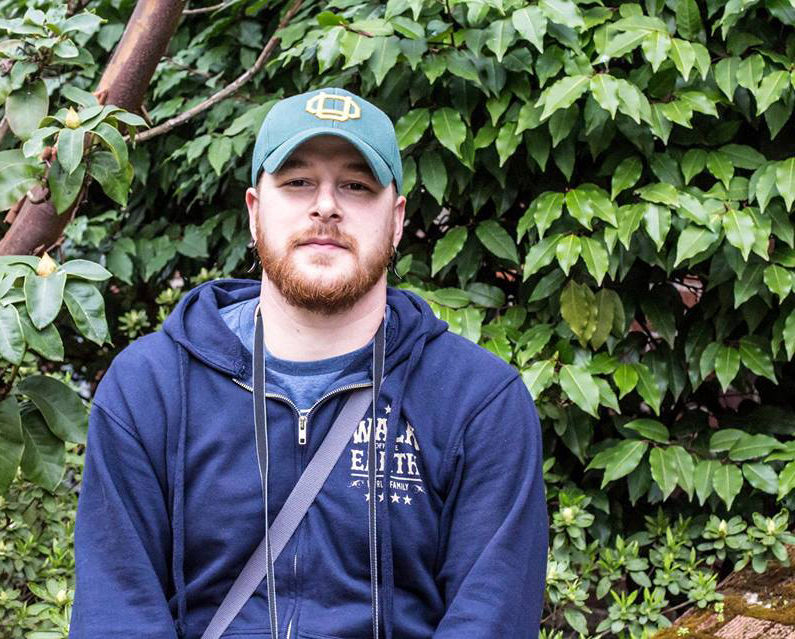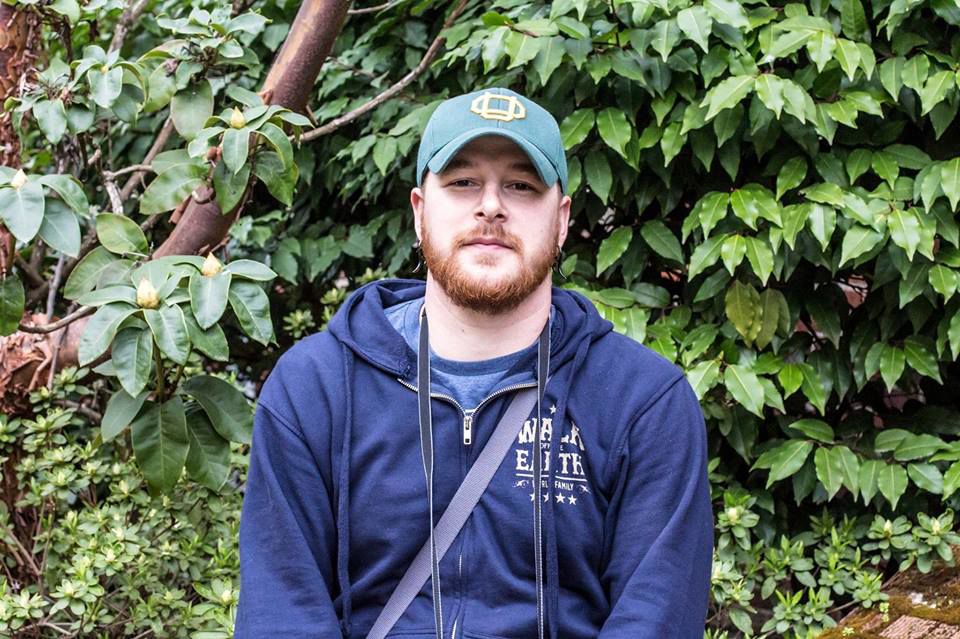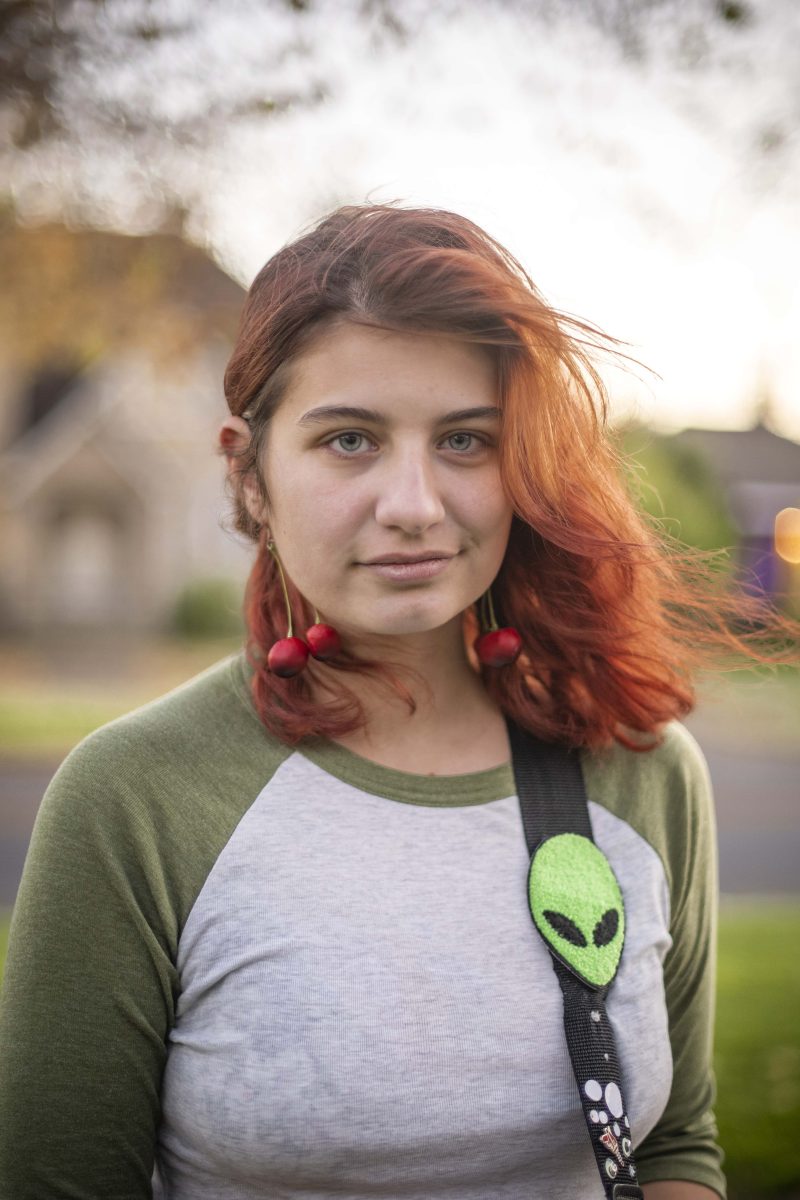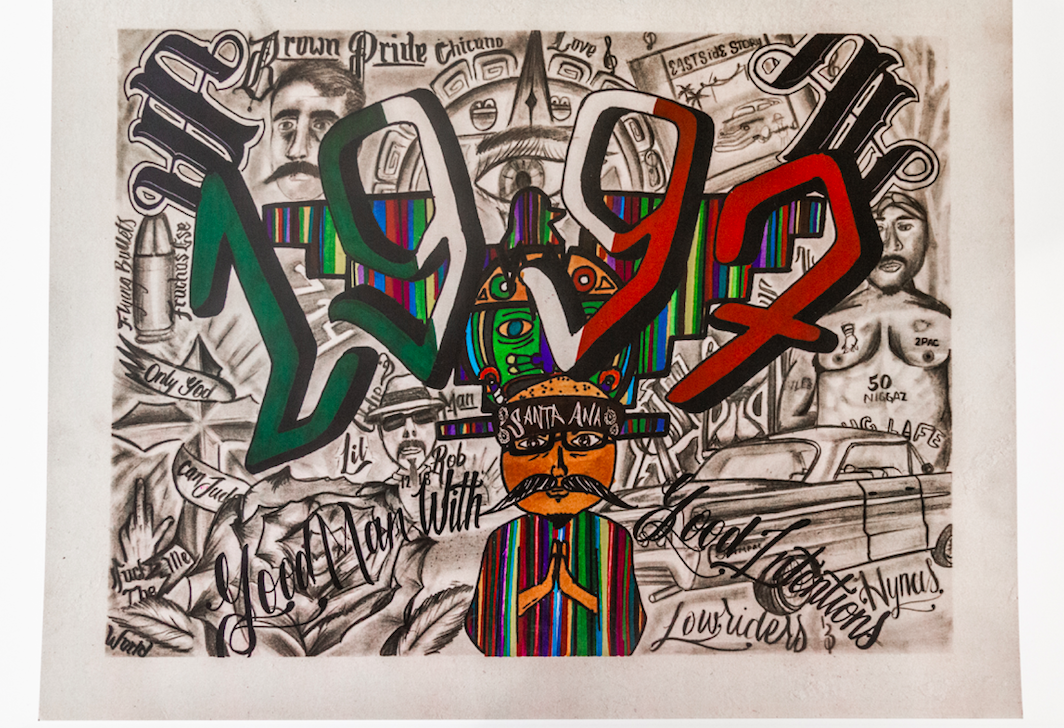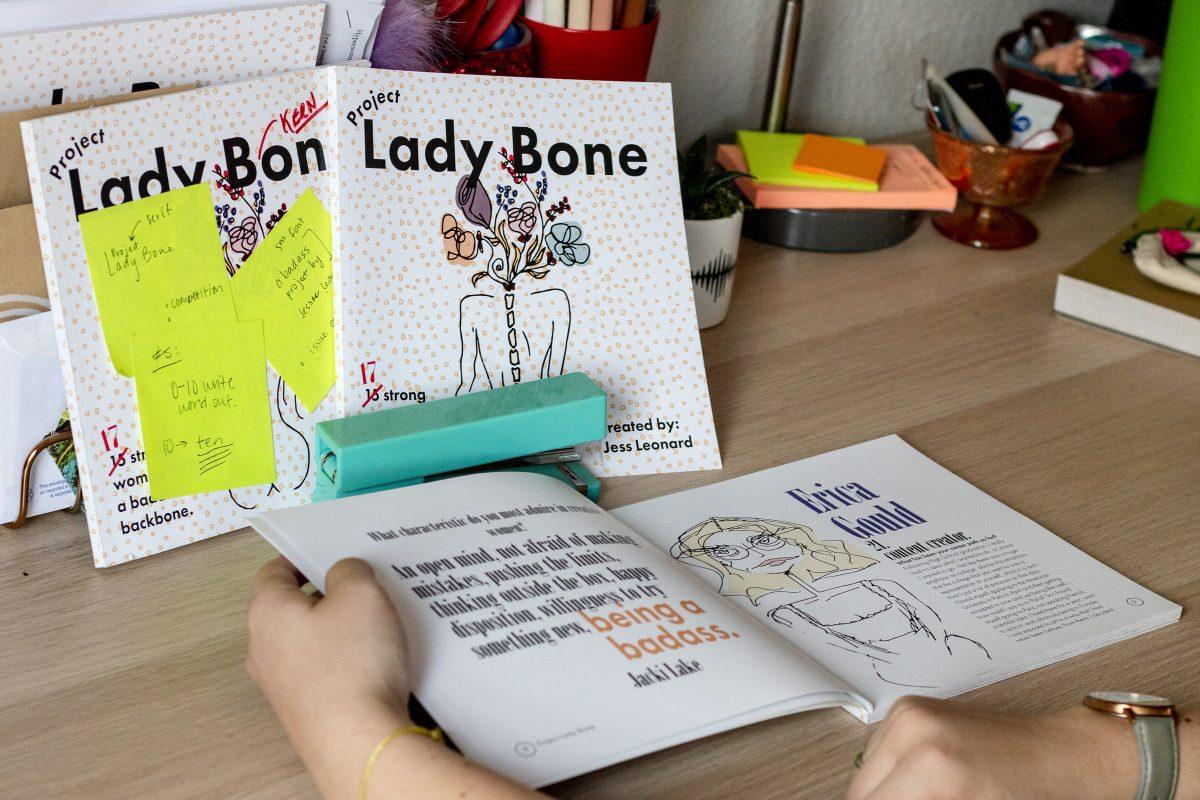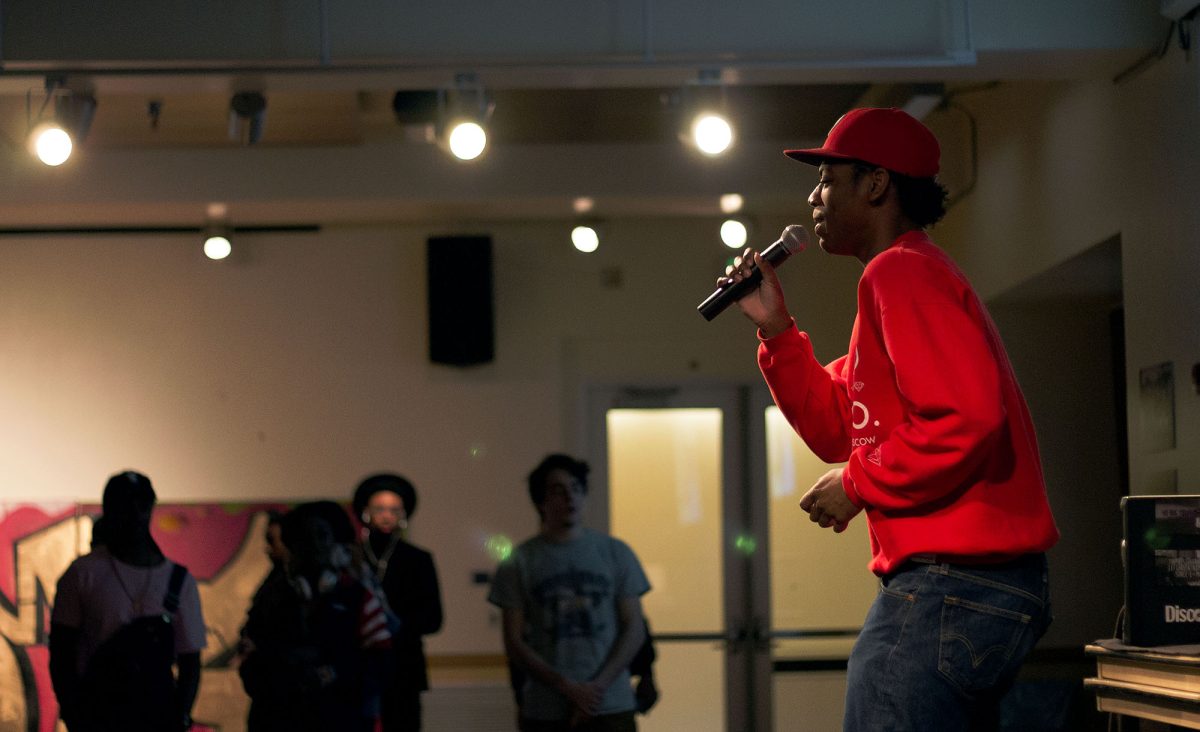Writing about sex trafficking takes a toll.
I had formulated my action plan: I was going to visit every strip club in Lane County to get an interview with a stripper. That plan fell through, and my excitement transformed into dejection. Despite my growing confidence as a reporter, asking a half naked woman to share her life story with me was going to require more tact than I anticipated.
“You reporters are all a bunch of perverts,” she’d said. “This shit probably gets you off, doesn’t it?” She asked if I really wanted to hear about how many times she’d been raped, or if I’d like the details of how her father sexually abused her. I was a deer in headlights, panicked. I wasn’t prepared for this.
I knew writing a piece on human trafficking would expose me to nightmarish stories, but I had no idea of what that was going to be like, especially not when it was looking me in the eye.
In that moment, I wanted to back out of the project entirely. Was it really my place to tell this story? My path here, though winding, hadn’t been a long one. A few conversations led to an idea, which sprouted with the help of professors who knew about sex trafficking. As the idea grew into a story, the reality of what I was getting myself into became clear.
This was uncharted territory for me. Lacking a compass, I did what I knew how: interview on foot and face-to-face. My first trip to the exotic dance clubs of Springfield was a bust, but it gave me perspective. You know, if at first you don’t succeed, and all that.
I formulated a new plan: do everything as before, but this time I’d take my wife with me; hopefully I wouldn’t come off quite as sleazy. We had drank and ate subpar strip club hamburgers in a corner booth. After a brief exchange with a stripper passing by, I found myself lucky to have randomly found a surprisingly trusting, kind woman. She called herself Amber. I had my first source.
Talking with an escort is different kind of challenge. Finding them is easy — getting one to talk was difficult. I went down the list of phone numbers on backpage.com, calling each one, and realized escorts put a high value on their time, even if all I wanted to do was talk. Eventually, and through a somewhat scary moment involving a possible pimp, I found Crystal. We met Turtles Bar & Grill in Eugene, where she ate salad while I interviewed.
The scene was normal, save for all the things she told me. As we sat down she said she’d been raped the night before. In her line of work, she said, it happened often, usually not calling the police if the crime wasn’t terribly violent. This all caught me off-guard. I’ll never understand why she confided in me like that. (This anecdote never made it to print because I couldn’t verify it — not that I didn’t believe her. Even now, I don’t know whether I made the right call by disregarding it.)
I interviewed Jes two days later. We spent two hours on the phone together discussing her transition from prostitution to advocacy work. Jes’ story was the most difficult for me to hear, though she seemed to be at peace with it. My next source, however, took me in a direction I could never have seen coming.
We’ll call her Katie (not her real name) and we met at a Starbucks two days after I’d interviewed Jes. The story she told me never made it into the article because it was so heinous I took it to the police. After confiding in me that she had been sex trafficked for five years as a teen, she told me detailed knowledge of the alleged murder of a 7-year-old boy.
I called my editor on the way home, telling him everything. I pulled into my garage, walked into my bedroom, and passed out. I woke up three hours later face down, still wearing my shoes, hat and everything.
These two weeks of interviews were exhausting. I had heard four stories, three of which were the most awful stories I’d ever been told in my entire life. When I explained my situation to a university sponsored mental health therapist, I was told I experienced “vicarious trauma.” Evidently, this is something that therapists often experience, but it made sense to her why a journalist might also have it. During the subsequent hours of therapy, we discussed how I could separate myself from my sources for my own well-being.
Later, I attended a three-day human trafficking workshop and a Students Against Modern-day Slavery (UOSAMS) presentation. I knew I wanted to do more — to help. After the workshop, I knew that the three-part series was how I would do it.
A piece on advocacy followed, and I interviewed four women who give survivors an opportunity to share their stories.
Next was a piece about another beast: the cops. I interviewed a Portland PD detective and a District Attorney, along with an FBI agent, who offered me unexpected access to the FBI building in Portland.
Writing these stories changed me. They gave me perspective and experience. I met people who I would never have the opportunity to otherwise, and I was able to put their stories into words that have hopefully left a positive effect.
Without it, I think, we might never know what it takes to be an officer who investigates sex crimes, or a DA who seeks to prosecute traffickers. We’d never know what it takes to be an advocate, who only wants to spread awareness, hoping it brings about change. And perhaps we’d never fully understand what it’s like to be the victim who only wants to survive.
When I sat down at Taylor’s Bar and Grill ten months ago next to the student who suggested that I write a story about student prostitution, I wouldn’t have guessed that I was about to embark on the journey that I took. Yet, I’m thankful for it; that I was able to do something significant with my time, something that may have made a real world impact for people whose voices often go unheard. Maybe now, with the voices growing, people will hear.


